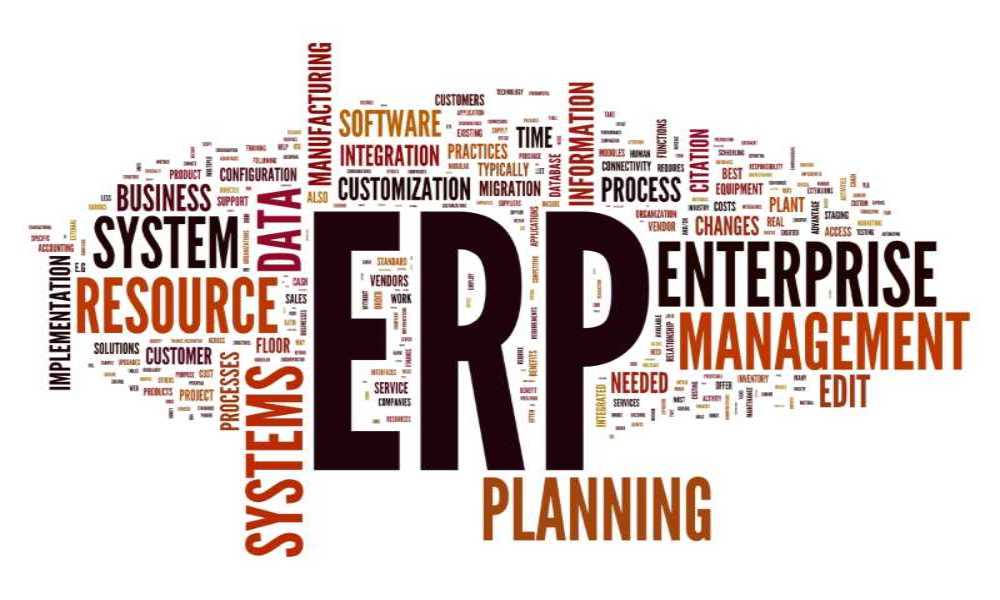What to look out for when acquiring an ERP system that you will not regret?
Do you want to have a successful implementation for your next ERP project that helps you manage your company’s finance, inventories, customers, suppliers, operations, and even employee? But do not know how or which system available in the market that is suitable to handle the complex requirements.
ERP systems, enable business owners to streamline their business and financial functions, increase the productivity of their accounting staff, and gain a competitive edge over their competitors. These are just some of the benefits that compel more and more companies to go digital.
So what are the 5 things that each organisation MUST know before making that decision which will involve everyone in your organisation and in some situation, affecting your customers and suppliers?
1. Know You Internal Business Processes
Do you know your organization’s business processes? That’s not a trick question. You may be surprised how many people answer YES to this question only to realize that they were mistaken. Until we start examining how people do their work, we won’t have the right foundation on which to make improvements to business processes. This is the most important thing you and your team need to do before even speaking to the ERP vendor. With your internal process clearly defined and well documented, you will be able to articulate precisely to the ERP vendor what is expected from the system. Having said that, it is equally important to be open with what the ERP system can offer and be ready to make changes to your current workflow, whenever is possible.
2. Cleanse Your Data
We always assume our data is cleaned. Or some of us did not even realise we have so much data inconsistencies. Don’t wait until you start your project implementation. Start the data cleansing immediately. Identify “owners” for each piece of data and make them accountable but provide them the necessary resources to ensure all master data, transaction records, and documentation are properly recorded. Without a complete set of “cleaned” data, your ERP system is not going to give you the best outcome.
3. Identify the Inter-connection Systems
It is common that we use several systems in this highly integrated environment and more often than not, we are required to connect with external systems with our suppliers and customers. Is the ERP vendors you are evaluating, has the capabilities to allow you to accomplish this seamlessly? Do they provide the necessary support, documentation, and existing case studies to help you gain a better understanding of the architecture being adopted? For instance, is the ERP system going to link to an e-Commerce site?
4. Mobile Devices Support
With the advent of mobile devices, you can’t possibly argue with the fact that many tasks are accomplished by using mobile devices. And with the millenniums coming into the workforce, the ERP system must have a strong mobile-friendly platform in order to stay ahead of the competition. Imagine you can perform stocktaking using your mobile phone accessing to the ERP system and the job can be done at a fraction of the time as compared to not using mobile devices
5. Build the TEAM
That’s a lot of people that have to work together and you need to make sure all of them get on board and stay on board. A negative attitude towards the new system will prevent employees from using it effectively. This immediately affects productivity and your bottom line.
Conclusion
Yes, adding ERP to your business will take a considerable amount of time and effort. But it’s essential that you prioritize this process if you want to see positive long term results. Don’t worry. It will be worth it.
If you want to know How to Achieve More by Doing Less for your business and get constant tips and tricks that you can use in your daily work! Contact Us Now.





